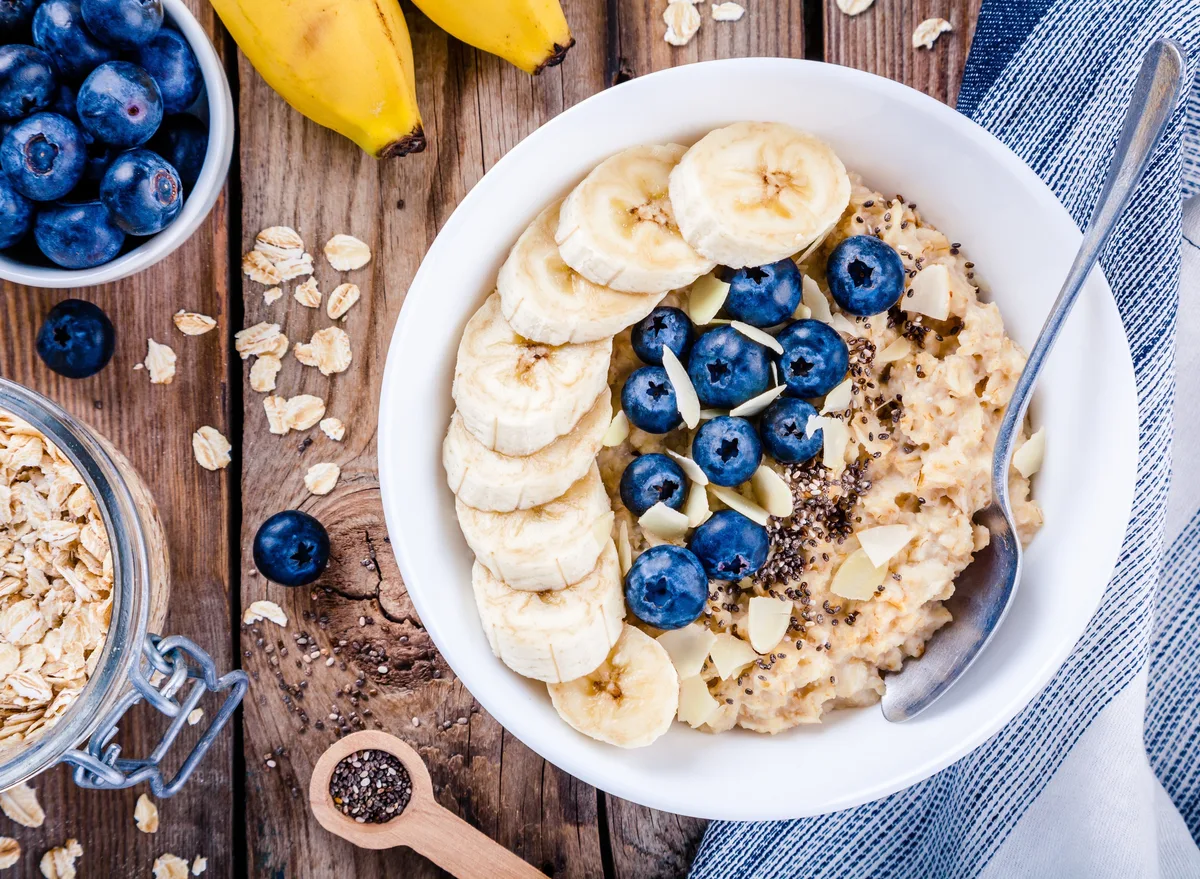
Reheating leftover food is a common practice in many households. It’s a great way to save time and money by repurposing meals from the previous day. However, not all foods should be reheated. In fact, some foods can be dangerous if reheated. In this article, we’ll discuss 7 foods that should never be reheated, as they may poison your family.
Reheating food is a great way to save time and money, but it’s important to know which foods are safe to reheat. Certain foods contain harmful bacteria that can cause food poisoning if they’re not handled properly. In this article, we’ll discuss 7 foods that should never be reheated, as they may poison your family.
Rice
Rice is a staple food in many households, and it’s often cooked in large batches to save time. However, leftover rice can be dangerous if it’s not handled properly. Raw rice often contains spores of Bacillus cereus, a bacteria that can cause food poisoning. When rice is cooked, these spores can survive and multiply, and if the rice is left at room temperature, the bacteria can produce toxins that can cause food poisoning.
Potatoes
Potatoes are a great source of carbohydrates and are often used in many dishes. However, when cooked and then left at room temperature, potatoes can be dangerous. The warm, moist environment is the perfect breeding ground for botulism, a type of bacteria that can cause food poisoning. To avoid this, it’s important to refrigerate potatoes immediately after cooking.
Mushrooms
Mushrooms are a popular ingredient in many dishes, but they should never be reheated. When mushrooms are cooked, they release a protein called Heterocyclic amines (HCAs). If the mushrooms are reheated, the HCAs can be converted into carcinogens, which can cause cancer. To avoid this, it’s important to eat mushrooms immediately after cooking.
Chicken
Chicken is a popular source of protein, but it can be dangerous if it’s not handled properly. When chicken is cooked, it should be heated to an internal temperature of 165°F to kill any harmful bacteria. If the chicken is not heated to the proper temperature or if it’s left at room temperature for too long, it can become a breeding ground for harmful bacteria.
Spinach
Spinach is a nutritious vegetable that’s often used in salads and other dishes. However, it should never be reheated. When spinach is cooked, it produces nitrates, which can turn into nitrites if it’s left at room temperature. Nitrites can react with other compounds in the spinach to produce carcinogens, which can cause cancer.
Eggs
Eggs are a common ingredient in many dishes, but they should never be reheated. When eggs are cooked, they can be a breeding ground for harmful bacteria like Salmonella. If the eggs are not heated to the proper temperature or if they’re left at room temperature for too long, the bacteria can multiply and cause food poisoning.
Celery and Carrots
Celery and carrots are popular vegetables that are often used in soups and stews. However, they should never be reheated. When these vegetables are cooked and then left at room temperature, they can become a
breeding ground for bacteria, including the dangerous Clostridium perfringens, which can cause food poisoning. To avoid this, it’s important to refrigerate these vegetables immediately after cooking and avoid reheating them.
Conclusion
In conclusion, reheating food can be a convenient and cost-effective way to repurpose leftovers, but it’s important to know which foods are safe to reheat. Rice, potatoes, mushrooms, chicken, spinach, eggs, and celery and carrots should never be reheated, as they may contain harmful bacteria that can cause food poisoning. To avoid food poisoning, it’s important to follow safe food handling practices and refrigerate leftovers promptly.
FAQs
- Why is it dangerous to reheat rice?
- Raw rice often contains spores of Bacillus cereus, a bacteria that can cause food poisoning. When rice is cooked, these spores can survive and multiply, and if the rice is left at room temperature, the bacteria can produce toxins that can cause food poisoning.
- How should I handle leftover potatoes?
- To avoid the growth of botulism, a type of bacteria that can cause food poisoning, it’s important to refrigerate potatoes immediately after cooking.
- Why should I avoid reheating mushrooms?
- When mushrooms are cooked, they release a protein called Heterocyclic amines (HCAs). If the mushrooms are reheated, the HCAs can be converted into carcinogens, which can cause cancer.
- Can I reheat cooked chicken?
- Yes, you can reheat cooked chicken, but it’s important to heat it to an internal temperature of 165°F to kill any harmful bacteria.
- Why should I avoid reheating spinach?
- When spinach is cooked, it produces nitrates, which can turn into nitrites if it’s left at room temperature. Nitrites can react with other compounds in the spinach to produce carcinogens, which can cause cancer.




